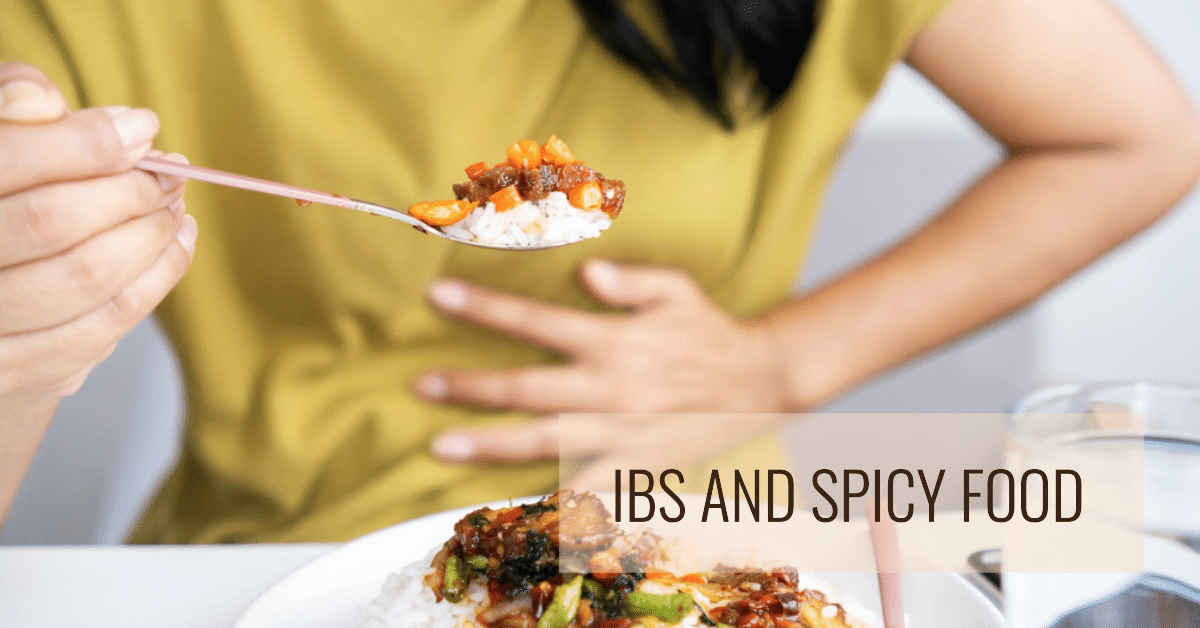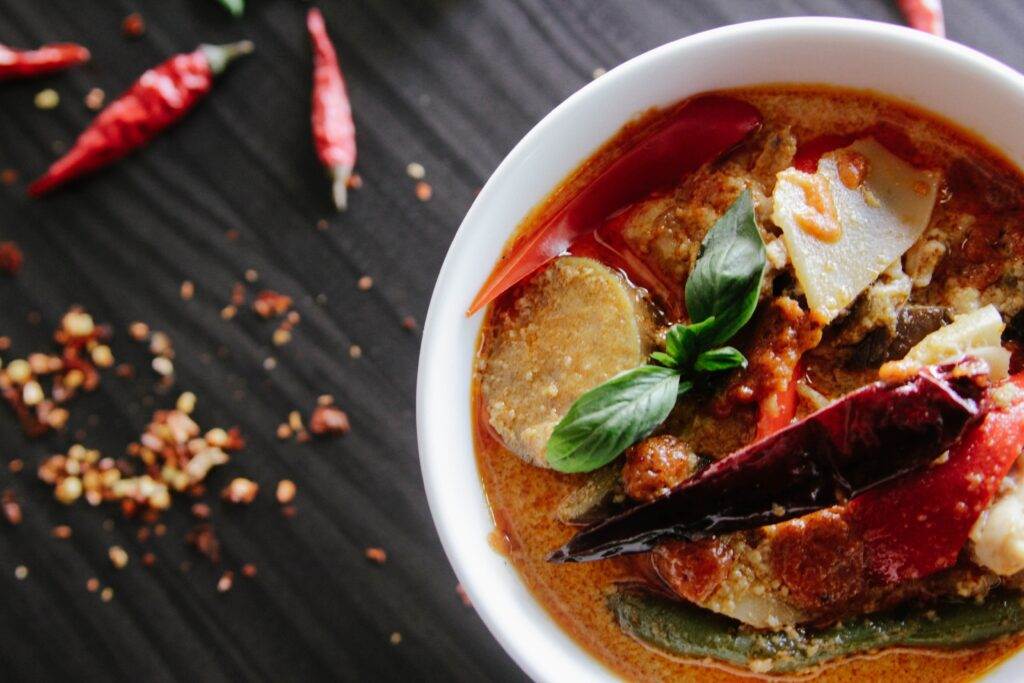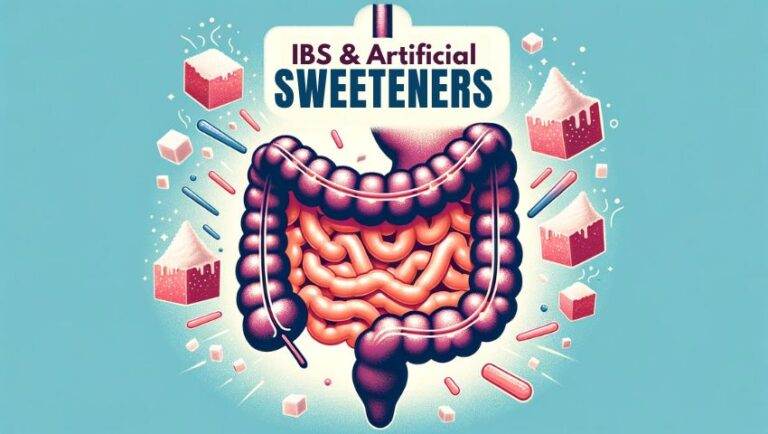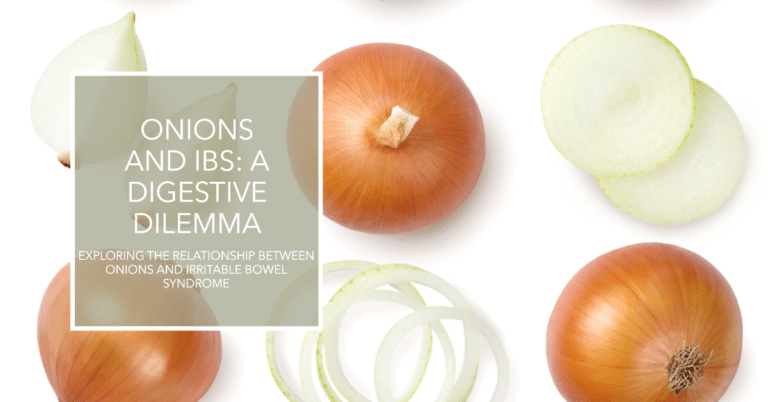IBS and Spicy Food: A Fiery Combination Explained

Did you know that around 5-10% of the world’s population suffers from IBS? If you’re part of this statistic, spicy food might be the source of your tummy troubles.
In this article, you’ll uncover the complex relationship between Irritable Bowel Syndrome and spicy cuisine.
We’ll dive deep into medical research, explore real-life case studies, and offer you alternatives that won’t compromise your love for flavor.
Let’s learn how to manage your symptoms while still enjoying a spicy kick.
Key Takeaways
- IBS is a common issue that messes with your gut and causes all sorts of problems like cramps, belly ache, bloating, gas, and messed up bathroom trips.
- Spicy grub has capsaicin, a little devil that tickles your digestive nerves and makes IBS symptoms worse.
- Eating spicy stuff on the regular might up your tolerance, but it ain’t for folks dealing with gut troubles like IBS.
- Knowing how culture and the mind affects what we eat, and making smart food choices can help keep IBS symptoms under control when it comes to spicy grub. So don’t go overboard with the heat!
Understanding IBS: An Overview
You might be curious about what IBS actually is, so let’s dive right into understanding its basics.
IBS, also known as Irritable Bowel Syndrome, is a common disorder that affects the large intestine.
It’s characterized by symptoms such as cramping, abdominal pain, bloating, gas, and both diarrhea and constipation.
Now, let’s discuss the triggers of IBS. There can be numerous triggers, ranging from certain foods and drinks to stress, which has a significant impact.
It’s important to note that while stress doesn’t directly cause IBS, it can certainly worsen the symptoms.
Understanding these triggers and the influence of stress can help in effectively managing IBS.
It’s worth remembering that each person’s experience with IBS is unique. So, what triggers your symptoms might not affect someone else similarly.
It’s all about learning how your own body responds!
The Impact of Spicy Food on the Digestive System
It’s critical to understand how hot cuisine can wreak havoc on our digestive processes. Spicy food contains capsaicin, which can stimulate digestive nerve endings, causing discomfort.
You should note that spice tolerance variations exist. Some people can handle the heat, while others may experience severe discomfort.
Regular spicy food consumption can increase your tolerance, but if you’re prone to digestive issues, this might not be the best route.
Capsaicin’s impact on your digestive system can exacerbate symptoms of conditions like IBS, leading to discomfort. It’s essential to pay attention to your body’s responses.
Link Between IBS and Spicy Food: a Deep Dive

Let’s delve into the connection between hot dishes and digestive discomfort, a subject often overlooked in dietary discussions.
Cultural influence on diet can lead you to regularly consume spicy food, aggravating your Irritable Bowel Syndrome (IBS) symptoms.
Capsaicin, the compound that gives chili peppers their heat, stimulates the nerves in your gut, potentially causing pain, bloating, and diarrhea.
Now, consider the psychological effects of IBS. Anxiety and stress can exacerbate your symptoms, creating a vicious cycle where the fear of pain leads to more discomfort.
Being knowledgeable about these factors allows you to make informed dietary choices, helping manage your IBS symptoms.
Remember, mastery of your health often requires understanding the cultural and psychological influences on your condition.
Case Studies: How Spicy Food Affects IBS Sufferers
We’ll now examine several cases where individuals with gut sensitivity have been impacted by hot cuisine consumption.
- Pepper Varieties Impact: Some have experienced severe IBS flare-ups with the ingestion of habanero peppers, while others tolerate milder pepper varieties like bell peppers.
- Cultural Dietary Influence: A Japanese study found that wasabi, a type of Japanese horseradish, could trigger IBS symptoms in some individuals.
- Personal Thresholds: Even mild spices in small quantities could result in a painful episode in some IBS sufferers, but not all.
- Adaptation: Some IBS sufferers have found that gradually increasing the heat level in their diet can help build tolerance to spicier foods.
Alternatives to Spicy Food for IBS Patients
You might find it useful to explore other flavor-enhancing alternatives that won’t upset your gut, like herbs, spices, or citrus.
Herbal flavoring alternatives such as basil, mint, and rosemary provide refreshing, distinct tastes without causing discomfort.
Garlic and onion, although aromatic, can aggravate IBS symptoms, so use them sparingly.
Citrus fruits, like lemon and lime, also add tangy notes to your meals. Be mindful, however, that not all herbs and citrus fruits are IBS-friendly.
Follow recipes that are suitable for IBS sufferers to ensure your chosen flavorings are safe for your gut.
Tips for Managing IBS Symptoms When Eating Spicy Food

It’s important to remember that managing your symptoms when indulging in hot cuisine can make a world of difference in your comfort level.
Here are four spice moderation techniques you can apply:
- Gradual Introduction: Start with mild spices and slowly increase the intensity, allowing your body to adapt.
- Dilution: Mix spicy foods with bland ones to reduce the heat.
- Hydration: Drink plenty of water to help your digestive system cope.
- Regular Intervals: Don’t eat spicy foods too frequently.
Also, you can explore IBS-friendly recipes that make use of spices in a controlled manner.
IBS And Spicy Food: Final Thoughts
When it comes to managing your IBS and still enjoying tasty food, finding the right balance is key, my friend.
Listen to your body’s responses so you can keep your symptoms in check while relishing those flavorful dishes.
Don’t fret, you probably won’t have to bid farewell to your beloved spicy treats. Just be smart about it, explore other options, and manage those symptoms wisely.
Remember, you’re the one calling the shots in this battle against IBS. So keep that positive mindset and don’t let it rain on your parade!
Disclaimer: This content is based on my personal experience as an individual diagnosed with celiac disease and IBS (Irritable Bowel Syndrome) who follows a strict gluten-free diet. This does not constitute medical advice. Please consult a medical professional, nutritionist, or qualified dietitian for personalized, professional advice.






